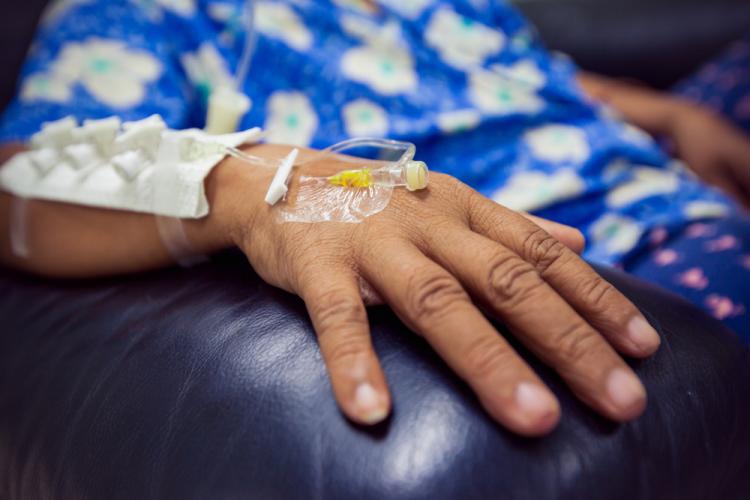New IMI project PERSIST-SEQ will study the rare cancer cells that survive drug treatments

Cancer kills almost 10 million people globally every year, making it a leading cause of death. Some 90 % of these deaths occur in people who initially responded well to treatment, but whose cancer subsequently became resistant to treatment. The source of this drug resistance lies in rare cancer cells called ‘drug tolerant persister’ cells, or DTPs. Studies show that DTPs survive drug treatments by altering the activity of certain genes. However, the underlying mechanisms behind cancer drug resistance are poorly understood and it is currently difficult to predict, prevent and treat.
The aim of new IMI project PERSIST-SEQ is to shed new light on the mechanisms behind treatment resistance. To do this, they will develop a standardised approach to studying and sequencing the genetic code of individual cancer cells before, during and after treatment. In total, the project plans to use state-of-the-art technology to characterise 5 million cells and will mainly focus on lung, colorectal and breast cancer.
PERSIST-SEQ will run for 5 years and has a total budget of EUR 14 million, with around half of this funding coming from IMI, and half coming in the form of in-kind contributions from EFPIA partners in the project.
Ultimately, the project will dramatically add to our understanding of the underlying causes of treatment resistance in cancer, and make it easier for researchers to develop smarter treatment strategies that will better treat cancer and prevent resistance.
‘Drug resistance in cancer is one of the greatest causes of mortality and despite increasing success with targeted therapies in the clinic, how cancer cells survive drug treatment is still not well understood,’ said the project’s industrial co-lead, Ultan McDermott of AstraZeneca. ‘We are excited to co-lead this European industry-academic partnership, using state-of-the-art single-cell sequencing to characterise 5 million single cells over 5 years to understand and overcome drug resistance.’
‘I am very excited to be part of this consortium,’ added PERSIST-SEQ Principal Investigator Alexander von Oudenaarden of the Hubrecht Institute. ‘Not only because of the importance of understanding tumour drug resistance, but also because we will perform this project in close collaboration with industrial partners. I am sure we will learn a lot from each other.’
Read more
Visit the project website
Follow @PersistSeq on Twitter
